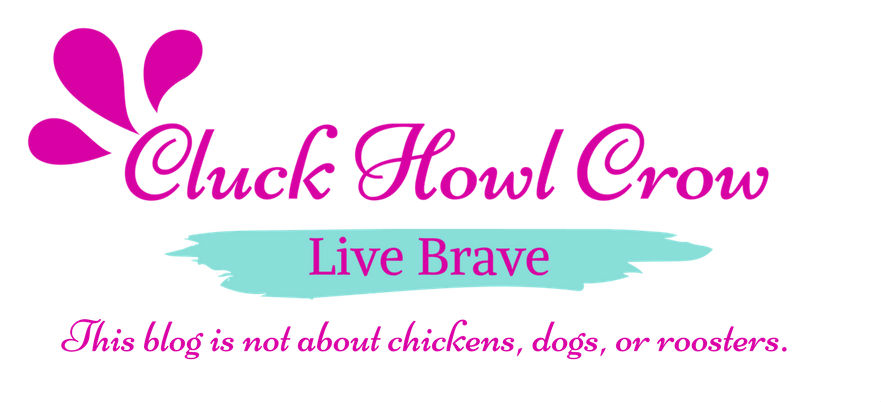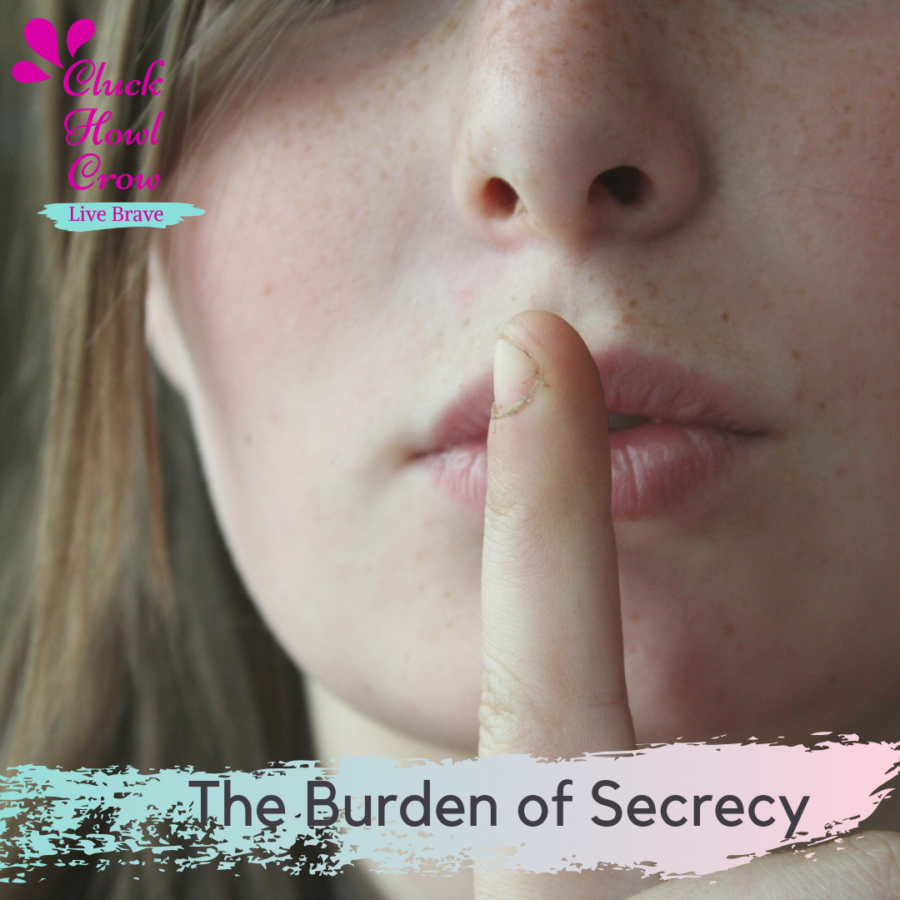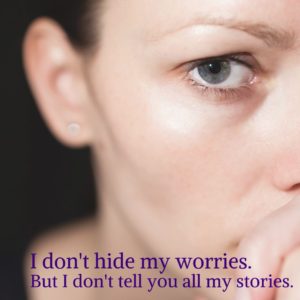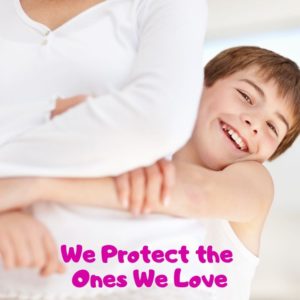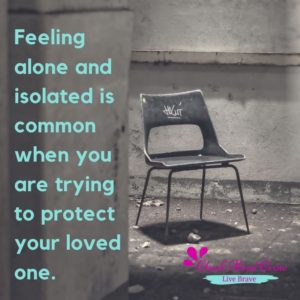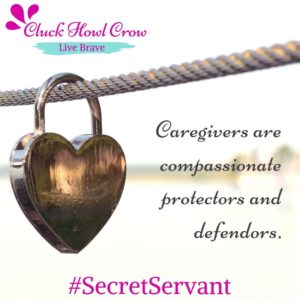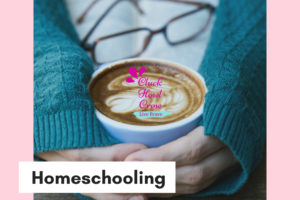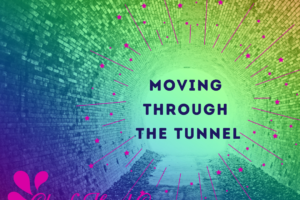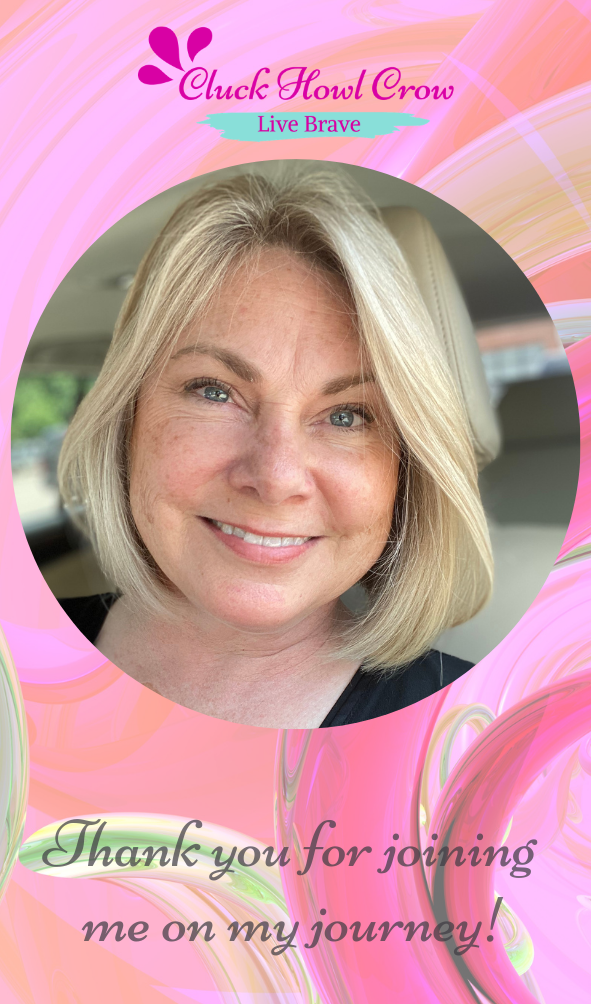I have been away from my blog for too long. It isn’t that I have not had anything to say; rather, it is that I have been trying to protect myself and my family. As a mother of two children with disabilities, I carry extra responsibilities. That seems like a logical statement. It is evident by the label of “disabled” that they require additional care. There is an extra burden I hold that often weighs more on me that the physical care my children need. It is the strain of secrecy.
My children do not suffer from a disease like cancer that you attack with medicines, chemotherapies, transfusions, and teams of doctors fighting alongside you to win a battle. I pray that if this is you and your family, you win the battle together. It isn’t like diabetes or food allergies where you monitor your child’s meals, snacks, or blood sugar, and struggle while you are trying to give your child everyday experiences at their friends birthday parties and school. The onus of worry you have for your loved ones is the same as mine trying to keep your child safe and healthy.
Where are paths diverge is at the level of transparency and the ability to share your difficulties with others takes place. In fact, using the two examples I have shared, diabetes, and cancer, they lead you into conversations about what your child is going through and how people around them can be supportive.
Parents with children on the Autism Spectrum, Attention Deficit Disorder, Social Communication Disorder, Depression, Intellectual Developmental Disorder (previously known as Mental Retardation), and a range of neurodevelopmental and emotional disorders that affect how a child functions behaviorally in their environments deal with unique dilemmas.
I would love to be able to unburden myself and tell you what my children and my family go through and the consequences that unfold during and after an episode of one kind or another. In truth, I often feel guilty for not sharing because I know there are thousands of other families out there struggling just like mine and maybe they wouldn’t feel so isolated if they knew they were not alone. At times I will share a story about our experiences, but they are customarily when we have had successes or small wins.
My children struggle with social awareness, boundaries, emotional control, and self-regulation. These executive functioning shortfalls result in challenges of being accepted, having friends, and making appropriate choices. This concern is especially genuine for my son, who is now going through adolescence. Just writing those words here causes me anxiety that I’ve broken the code of secrecy and protection, leaving my kids vulnerable to future prejudgement or open to predators.
Compounding the situation today is that our lives are captured at every moment. A catalog of images, online searches, videos watched, social media posts made, journeys we take, and stories shared by ourselves and by others are documented and stored for eternity. It is almost impossible to be anonymous now, even down to our DNA results.
What will that mean for my kids when they are trying to engage with an organization, get a job, or even go on a date? It is a common practice to use this catalog of data to make decisions about who the people are we involve ourselves with for an educational, business, or personal relationship.
If I were to share with you some of the traumatic experiences in detail that we have survived without knowing the best parts of my kids and having seen them at their best you would be frightened and alarmed. Instinctively, you will want to protect your child from having to experience an anxiety-induced meltdown that may result in objects being thrown, vulgar language and threats of self-harm is understandable. All of this leads to even more isolation for my kids and my family. It is sad. The thing my kids crave the most is a connection with friends, and there is a vicious cycle that impedes their ability to sustain contact.
The time I spend advocating for, protecting and trying to pave the way for learning and success for my kids keeps me away from the people and activities that I enjoy the most for extended periods of time. This undesirable sequestering is a by-product of the level of need and both the direct and in-direct care I provide every day. I know I am not alone, but it is hard to not feel like a secret servant.
Today, I hope to find a little freedom and shed a bit of the weight I feel on what it is like being a #secretservant. There are millions of mothers, fathers, brothers, sisters, and caregivers who carry the burden of being a #secretservant to a loved one. While we carry out these acts with love and compassion, our protective shields sometimes hide the challenges we face from others.
If you are a caregiver of a child, parent, sibling, or ward who is vulnerable and struggles with social awareness, boundaries, emotional control or self-regulation share this with the #secretservant because there is strength in knowing we are not alone.
